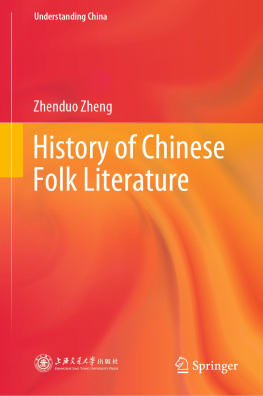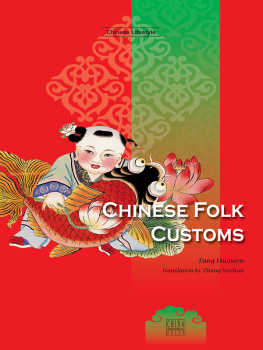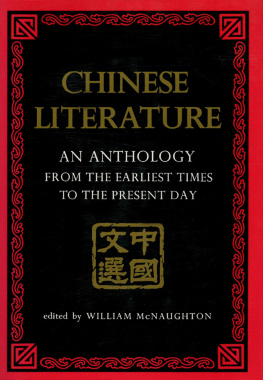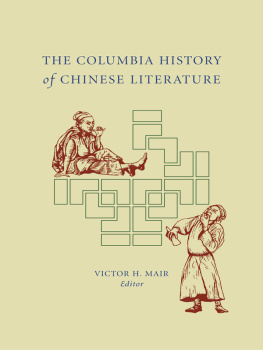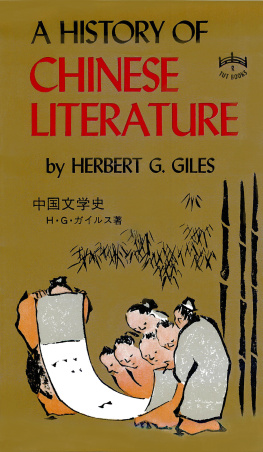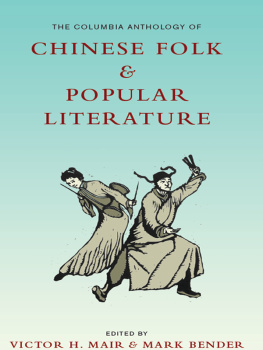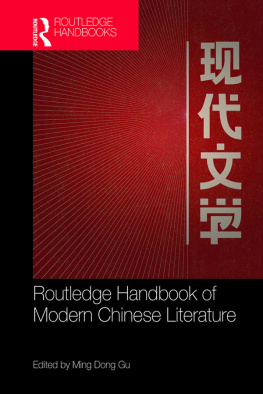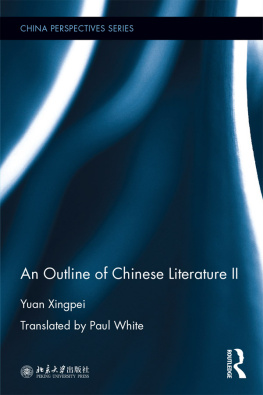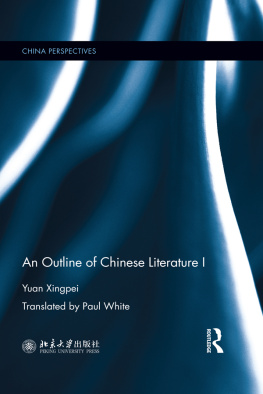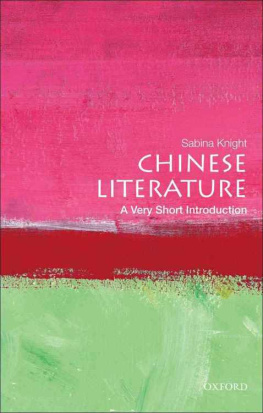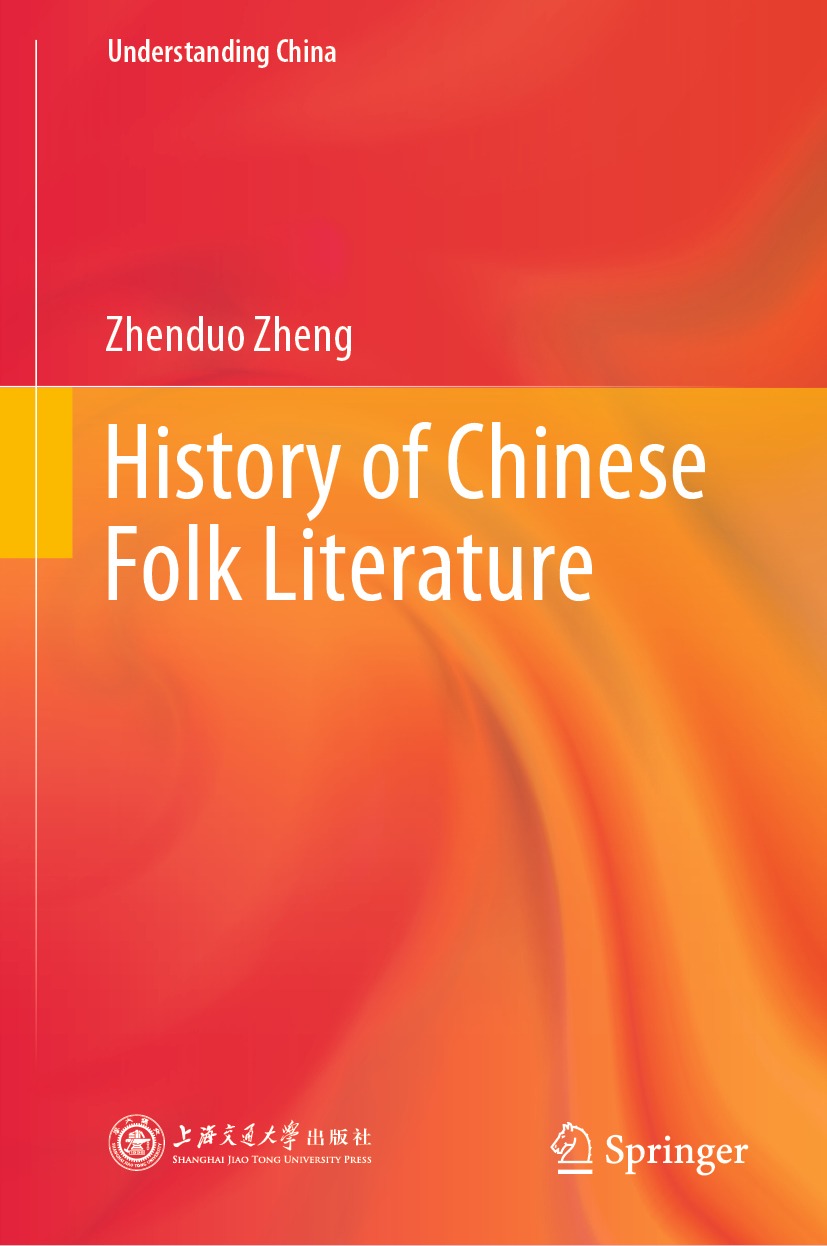Zhenduo Zheng - History of Chinese Folk Literature
Here you can read online Zhenduo Zheng - History of Chinese Folk Literature full text of the book (entire story) in english for free. Download pdf and epub, get meaning, cover and reviews about this ebook. year: 2021, publisher: Springer, genre: Art. Description of the work, (preface) as well as reviews are available. Best literature library LitArk.com created for fans of good reading and offers a wide selection of genres:
Romance novel
Science fiction
Adventure
Detective
Science
History
Home and family
Prose
Art
Politics
Computer
Non-fiction
Religion
Business
Children
Humor
Choose a favorite category and find really read worthwhile books. Enjoy immersion in the world of imagination, feel the emotions of the characters or learn something new for yourself, make an fascinating discovery.
- Book:History of Chinese Folk Literature
- Author:
- Publisher:Springer
- Genre:
- Year:2021
- Rating:4 / 5
- Favourites:Add to favourites
- Your mark:
History of Chinese Folk Literature: summary, description and annotation
We offer to read an annotation, description, summary or preface (depends on what the author of the book "History of Chinese Folk Literature" wrote himself). If you haven't found the necessary information about the book — write in the comments, we will try to find it.
With detailed, extensive materials, and quotations, the book represents the most systematic and comprehensive work to date on ancient Chinese folk literature. It is mutually complementary with Guowei Wangs A Textual Research of the Traditional Chinese Opera in the Song and Yuan Dynasties and Xun Lus A Brief History of Chinese Fiction; all three works are regarded as the most essential classics for researching the history of Chinese literature.
Zhenduo Zheng: author's other books
Who wrote History of Chinese Folk Literature? Find out the surname, the name of the author of the book and a list of all author's works by series.

